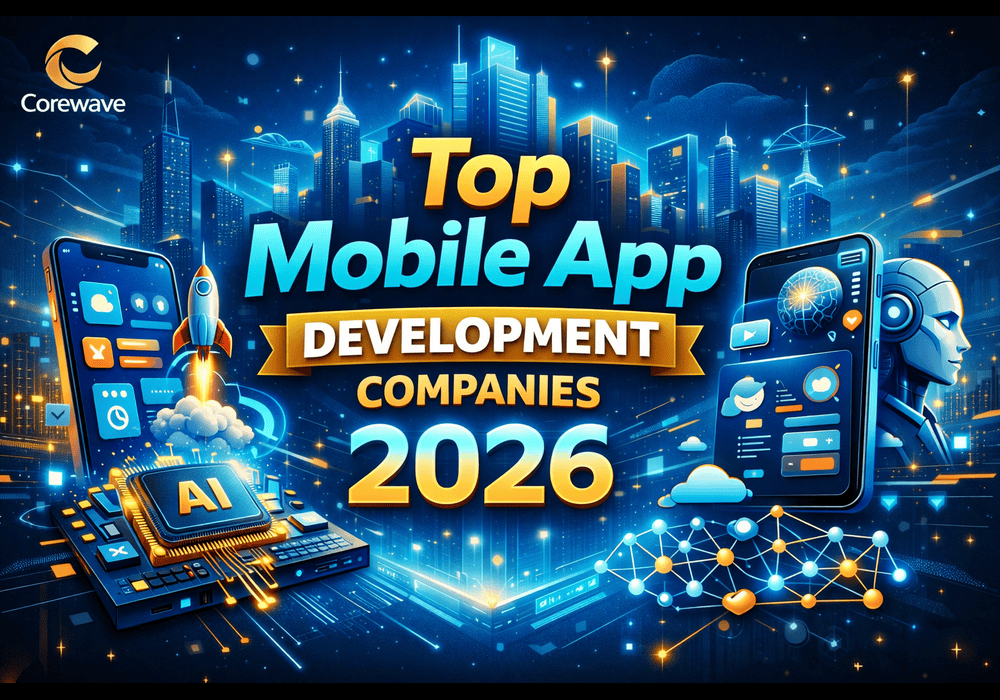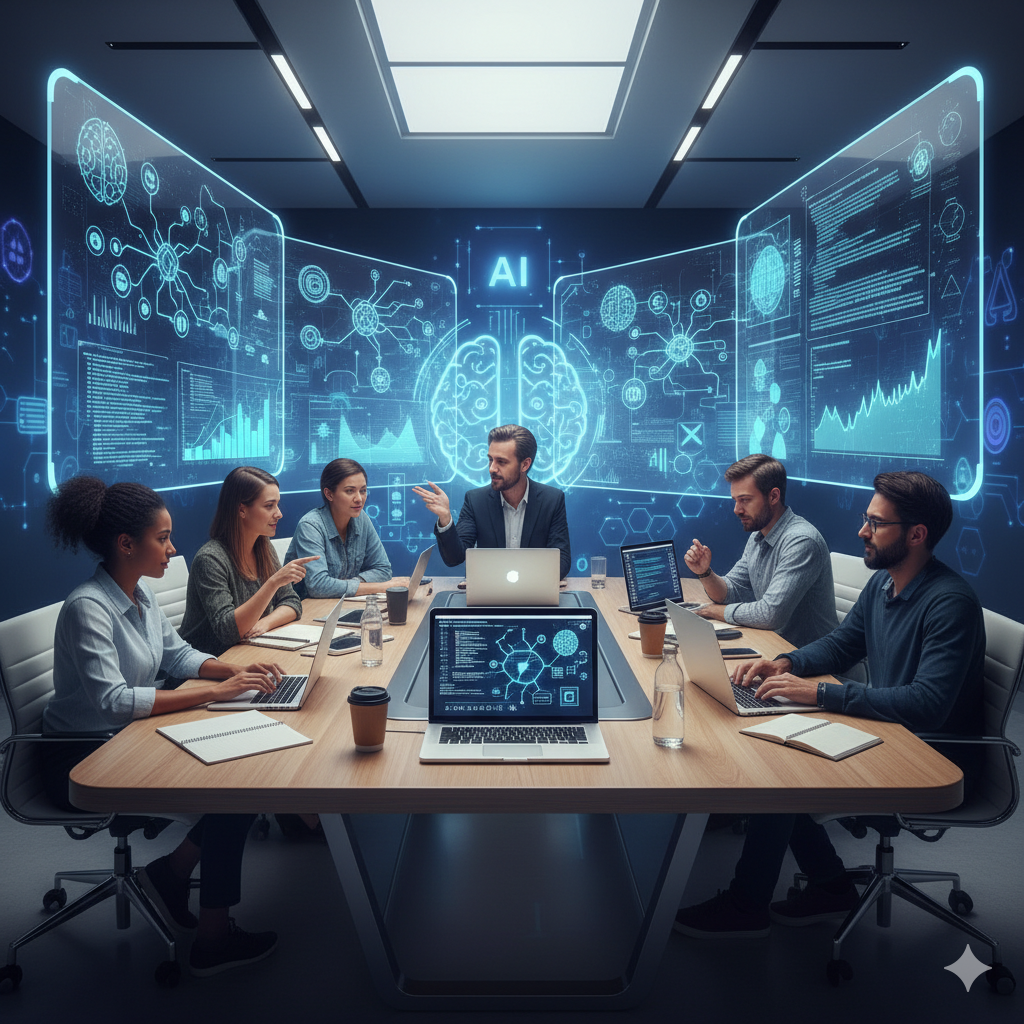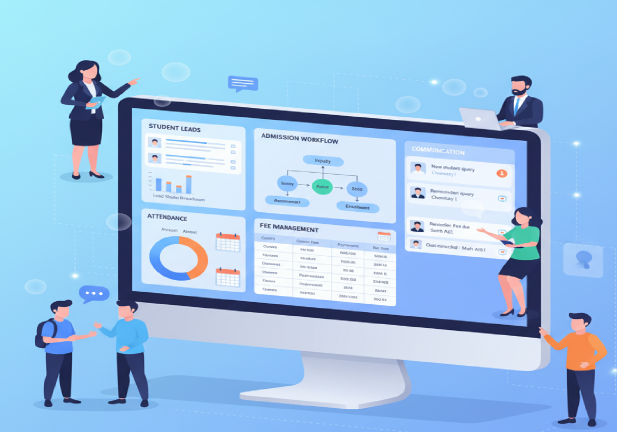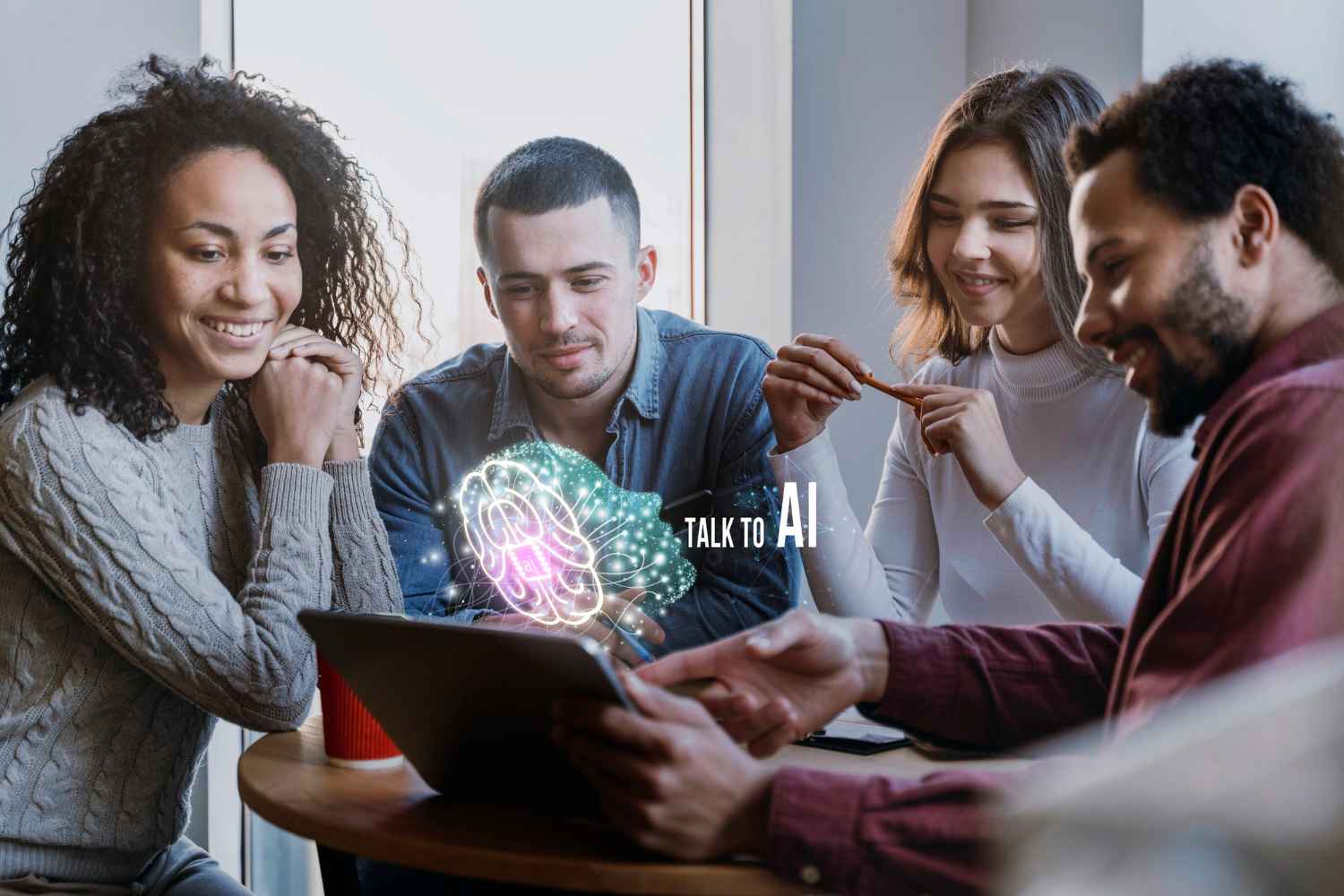The ever-changing world of technology has witnessed the emergence of Artificial Intelligence (AI), which has had a significant impact on various industries. The development of mobile applications has been particularly affected by the integration of AI, as it has enabled the development of more intelligent, streamlined, and user-friendly apps. This blog will provide an overview of the current trends and applications of Artificial Intelligence in mobile app development.
Personalised User Experiences
Personalisation is a key factor in the development of mobile applications, and Artificial Intelligence (AI) is at the forefront of this trend. AI-powered algorithms enable mobile applications to collect and analyze user data in order to gain insight into a users preferences, behaviour, and habits. Through this data-driven analysis, apps are able to provide personalised content, suggestions, and experiences. For example, streaming platforms such as Netflix and music apps such as Spotify use AI to suggest films, shows, and music based on the users prior selections. Similarly, e-commerce apps use AI to suggest products that match the users browsing and purchase history. This level of personalization not only increases user engagement but also increases conversion rates.
Chatbots and Virtual Assistants
Chatbots powered by Artificial Intelligence (AI) have revolutionized customer service and support within mobile applications. These advanced systems can interact with users in a real-time manner, respond to inquiries, provide data, and even facilitate transactions. As a result, chatbots are being incorporated into a wide range of applications, from retail to healthcare, to ensure a smooth and efficient customer experience.
Healthcare chatbots can be used to schedule appointments, offer medical advice, provide information on symptoms, and provide treatment options. Additionally, they can track a users medical data and send reminders or alerts for medication or medical check-ups, thus improving the user experience and ensuring timely medical intervention.
Image and Speech Recognition
Artificial Intelligence (AI) has significantly improved the capabilities of mobile applications. This is largely due to image recognition technology, which is typically based on deep learning algorithms. This technology can analyze images to recognize objects, text, and even facial features. As a result, there are now a variety of image-based applications, such as Google Lens and AR applications.
Google Lens utilizes image recognition to recognize objects and provide pertinent information. AR applications, such as Pokémon Go, use this technology to add digital elements to the physical world. Additionally, speech recognition has enabled voice assistants to comprehend and respond to natural language more effectively, thus increasing user convenience.
Predictive Analytics
The utilization of predictive analytics, powered by Artificial Intelligence (AI), has become an essential element in the development of mobile applications. These algorithms are capable of analyzing historical data to anticipate future developments and user behaviour. This is especially beneficial in the financial sector, where applications can anticipate market trends and assist users in making informed investments.
In addition to financial applications, fitness and health apps can also benefit from predictive analytics. By collecting data from wearable devices, these apps can use AI to predict the future health outcomes of users based on their present health and activity level. These predictions can be used to encourage users to adopt a healthier lifestyle and make more informed decisions.
Natural Language Processing (NLP)
NLP is a subset of Artificial Intelligence (AI) that focuses on the relationship between computers and human speech. It has revolutionised the way mobile applications process text data, enabling them to comprehend, interpret, and respond to spoken or written language. NLP has had a significant impact on mobile applications, particularly in the fields of content generation and translation. Apps such as Grammarly use NLP to detect grammar and spelling mistakes in real-time, while translation apps like Google Translate rely on NLP to accurately convert text or speech into various languages. Additionally, NLP has enabled businesses to gain insight into user sentiment in social media applications, allowing them to better understand user feedback and sentiment.
Security Enhancement
The security of mobile applications is of paramount importance, as they store and manage confidential user data. Artificial Intelligence (AI) is making progress in improving app security through a variety of methods. Machine learning algorithms are able to detect suspicious activity and potential threats, aiding applications in detecting and preventing security breaches.
Face recognition and fingerprint scanning technologies provide a biometric security layer, ensuring that only authorised users can access the application and its data. AI can also analyze user behaviour to identify anomalies, allowing for early intervention in the event of unauthorized access.
App Performance Optimization
Artificial Intelligence (AI) is not only concerned with improving user experiences but also with optimizing the performance of an application. AI algorithms can continuously monitor an applications performance, identify any potential issues or bottlenecks, and optimize resources to ensure smoother operation. This results in improved resource utilization, reduced energy usage, and faster loading times.
Artificial intelligence can also be utilized in the development and maintenance of applications. Through the analysis of user feedback and application performance data, AI can identify areas of improvement and recommend updates or bug fixes to the application. This not only reduces development time but also guarantees a more stable and effective application.
Healthcare and Telemedicine Apps
Artificial Intelligence (AI) has a wide range of uses in healthcare and telehealth applications, particularly in the post-COVID era. These applications leverage AI for a variety of purposes, such as remote patient tracking, disease detection, and medication administration.
Telehealth applications incorporate AI-powered chatbots to facilitate patient prioritization, symptom recognition, and virtual consultation scheduling.
Diagnostic tools powered by AI can examine medical images, including X-rays and magnetic resonance imaging (MRI), to identify abnormalities and aid medical professionals in making precise diagnoses.
Education and E-Learning
The use of Artificial Intelligence (AI) in mobile applications has become increasingly popular in the education sector, particularly within the e-learning sector. AI can be used to customize learning content to a students individual needs, based on their performance. Additionally, these apps provide interactive features for students, including virtual tutors, automated homework grading, and more.
The use of AI in edTech applications is often based on data analytics, which allows education institutions and instructors to track student performance and identify areas for improvement. Through the integration of AI, learning has become more engaging and efficient, both in and out of the classroom.
Smart Home and IoT Integration
As the number of IoT devices continues to grow, mobile applications have become the primary means of controlling smart homes. Artificial Intelligence (AI) is the primary driver of these applications, allowing users to access a variety of smart home features, such as lights and thermostats, as well as security systems, through their smartphones.
AI further facilitates the automation and intelligent operation of these systems, such as when a smart home app learns a users daily habits and adjusts settings accordingly. Additionally, AI can be used to analyze data from a variety of IoT devices to gain insight into energy consumption and provide recommendations for more efficient use.
Conclusion
The incorporation of Artificial Intelligence (AI) into mobile application development is revolutionizing the manner in which we interact with the technology. AI’s capacity to process data, comprehend human speech, and adjust to user behaviour has resulted in more personalized and effective applications across a wide range of sectors. As AI progresses, we can anticipate even more cutting-edge applications and trends that will shape the next stage of mobile application development. From personalization to security to user experience enhancements, AI is set to continue its transformational role in mobile applications, making them more intelligent and user-oriented than ever before.












